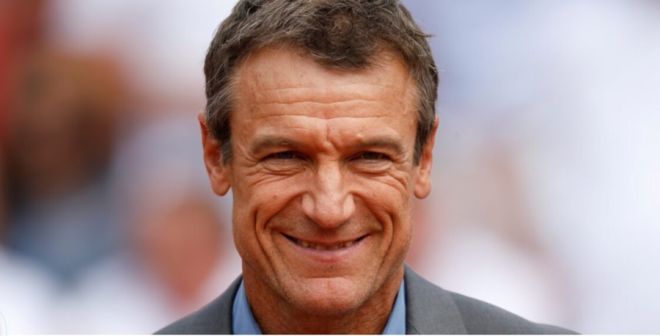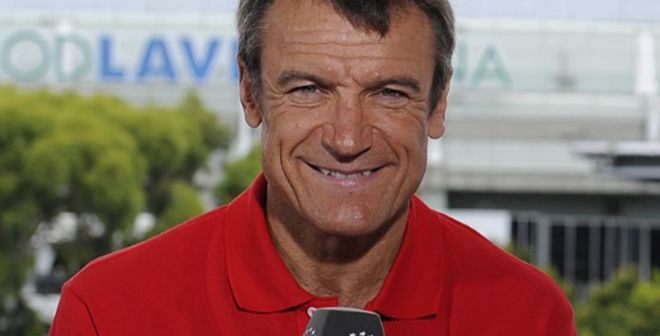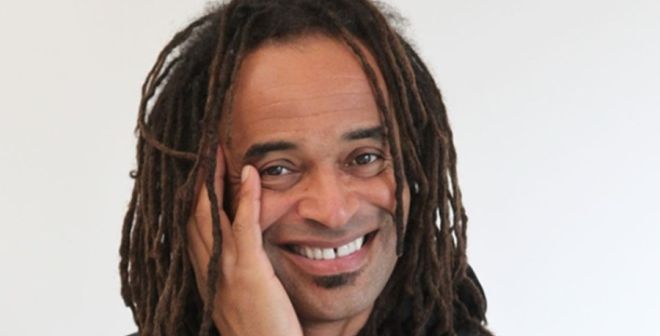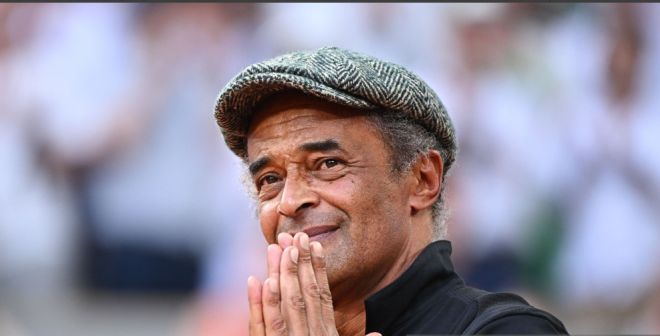In 1973 there were two very high profile tennis exhibition matches played. The latter of the two attracted a then record television audience of 90million. It was the “Battle of the Sexes” when Billie Jean King faced Bobby Riggs in a best of five set match at the Houston Astrodome. The first one was between Riggs and Margaret Court.
For the record Riggs beat Court in the Mother’s Day Match on 13 May, 1973 6-2, 6-1 but on 20 September, 1973 King beat Riggs 6-4, 6-3, 6-3.
I was still in school at the time but I remember watching both matches on TV. They were the most talked about sporting matches of the time but they were way more than tennis matches between one man playing two women who were polar opposites and to this day remain more than poles apart in all areas.
These matches, in particular the one with Billie Jean King, had so much to do about the important social issue of the time – equality for women, women’s lib and all that came with it. King fell into the situation when Jack Kramer was going to pay the women eight times less prizemoney than the men at the Pacific South West tournament.
Led by Gladys Heldman, publisher of World Tennis magazine and whose daughter Julie was a player, the women banded together and boycotted the event and began their own start up circuit. That start up morphed into the WTA, the Women’s Tennis Association. It began with a handful of players who were under contract for $1 each.
The new motion picture “Battle of the Sexes” starring Emma Stone as Billie Jean King and Steve Carell as Bobby Riggs tries to capture that time. It is a tennis movie but it also is not a tennis movie, it is a movie about women struggling to be seen as equal to men, about trying to play break points but more importantly breaking through the glass ceiling. With a play on words women’s lib in tennis became women’s lob.
Released by Fox Searchlight Films, “Battle of the Sexes” is directed by Valerie Faris and Jonathan Dayton (Little Miss Sunshine) with Danny Boyle of “Slumdog Millionaire” fame one of the producers.
The movie also delves into King’s first lesbian affair with hairdresser Marilyn Barnett and with Riggs’ addiction to gambling. I found the film slow at times. It was interesting being reminded about the atmosphere of the era but for me there was just something missing with the movie. It was missing some sort of punchiness; it lacked a fullness.
Academy Award winnner Emma Stone is solid as Billie Jean King but she did a lot of smiling throughout the film; I never knew King to smile as much as Stone did. Academy Award nominee Steve Carell however was terrific as Riggs and in my view it was he who carried the film. However there was a script error early in the movie when he is criticising the women for their attitude to prizemoney – he made reference to himself winning the US Open. When Riggs won the US title it was not the US Open, it was the US Nationals – he won it in the amateur days.
If I was to rate the film out of five stars I would give it **1/2 or maximum ***.






